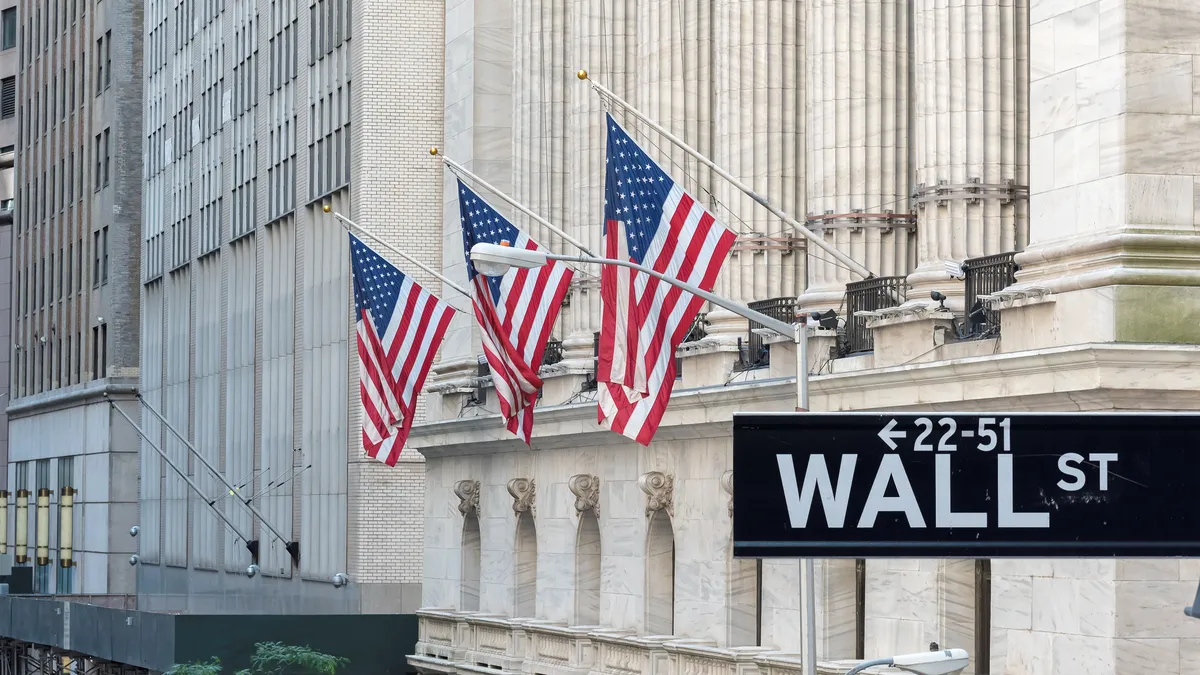Dive Brief:
- Humana brought in profit of $1.2 billion in 2024, down more than half from $2.5 billion in 2023 due to significantly higher spending on its members’ care in Medicare and Medicaid, according to financial results released Tuesday.
- Still, Humana’s performance in the fourth quarter capping off the year was better than expected given ongoing cost pressures in the government programs, analysts said.
- Humana said it expects to lose 550,000 members in privatized Medicare Advantage plans this year — roughly one-tenth of its individual MA footprint — from cutting unprofitable plans to improve margins. The size of the membership loss is notably larger than Humana’s prior expectations.
Dive Insight:
Louisville, Kentucky-based Humana is the second-largest MA insurer in the country, and has been rocked by higher costs in the program as seniors continue to use more medical care than they did during the pandemic.
Costs have risen in Medicaid at the same time, as sweeping eligibility checks booted millions of beneficiaries off of the safety-net program and left those remaining skewing sicker and therefore more expensive.
The unexpectedly high spending led Humana to cut earnings guidance multiple times last year and sent its stock plummeting. Humana’s shares are currently trading 42% lower than where they started 2024.
To turn things around in MA, Humana pared back its offerings and exited poorly performing markets entirely for 2025. Originally, Humana expected to lose a “few hundred thousand” Medicare members as a result of these actions.
But now, Humana expects to lose 550,000 members over this year, after the signup period for the privatized Medicare plans didn’t go entirely to plan.
During open enrollment in the fall, fewer members who lost insurance from a canceled plan rejoined Humana coverage than the insurer had anticipated. Humana also saw higher then expected attrition in lucrative joint Medicare and Medicaid products for dual-eligible members, executives said during a call with investors Tuesday morning.
As of January, Humana’s individual MA book was down 8%, or a loss of almost 445,000 members from the end of 2024. Roughly one-fourth of that membership reduction was from dual special needs plans.
The situation with MA is further complicated by falling quality ratings, called stars, for Humana’s plans.
Humana is reeling from a steep drop in its stars for 2025, which could cause the payer to lose billions of dollars in revenue. The insurer is suing the government in a bid to overturn the results. The outcome of that case is viewed as a coin toss, though payers have had some success in turning to the courts to get regulators to improve their ratings.
The uncertainty threatens Humana’s goal to reach 3% MA margins by 2027, analysts said. CEO Jim Rechtin said Humana remains committed to that target, though the company will need better stars results and higher reimbursement from the federal government to achieve it.
Humana also plans to invest a few hundred million dollars into strengthening its operating performance, including its stars.
The investments first announced in the third quarter are one reason behind Humana’s lack of expected earnings growth this year. Management predicts that 2025 earnings will be at least in line with 2024’s results.
Humana plans to target investments toward better managing medical spending, improving patient and provider engagement, driving profitable membership growth and lowering administrative costs, according to executives.
In the fourth quarter, Humana’s investments focused on improving member outreach and working with providers to close gaps in care, George Renaudin, Humana’s top insurance executive, said on the call.
“We feel good about the progress that we made over the last quarter of the year, and the question, of course, is will these steps that we’ve taken be enough to return us to an industry leading position in 2027. As we acknowledged back in October, it will be tight,” Rechtin said.
Humana’s “number one” priority remains MA margin recovery, according to Rechtin. However, the insurer still plans to grow its earnings capacity through organic expansion and acquisitions in Medicaid and in its CenterWell primary care division, the CEO said.
“We will be thoughtful about identifying opportunities that make sense in our current environment,” Rechtin said.
On the call, the CEO also acknowledged widespread discontent with the healthcare industry galvanized by the killing of UnitedHealthcare executive Brian Thompson in December, while attempting to deflect blame away from specific actors.
“It’s been a volatile couple years and more so it’s been a volatile few months. The U.S. healthcare system is complicated, it’s fragmented and it’s expensive,” Rechtin said, adding: “There’s no one company and there’s no one sector that is responsible for this.”
Still, Rechtin pledged that Humana will work to improve preventative care, communication and navigation for its members. Humana is the latest insurer to pledge reform in the wake of Thompson’s death.
“Those are the things we can do, that is our intent, and that is the work that is underway,” Rechtin said.
Overall, Humana reported revenue of $29.2 billion, up 10% year over year, in the fourth quarter.
The insurer posted a net loss of $693 million, larger than its $541 million loss in the fourth quarter last year.















